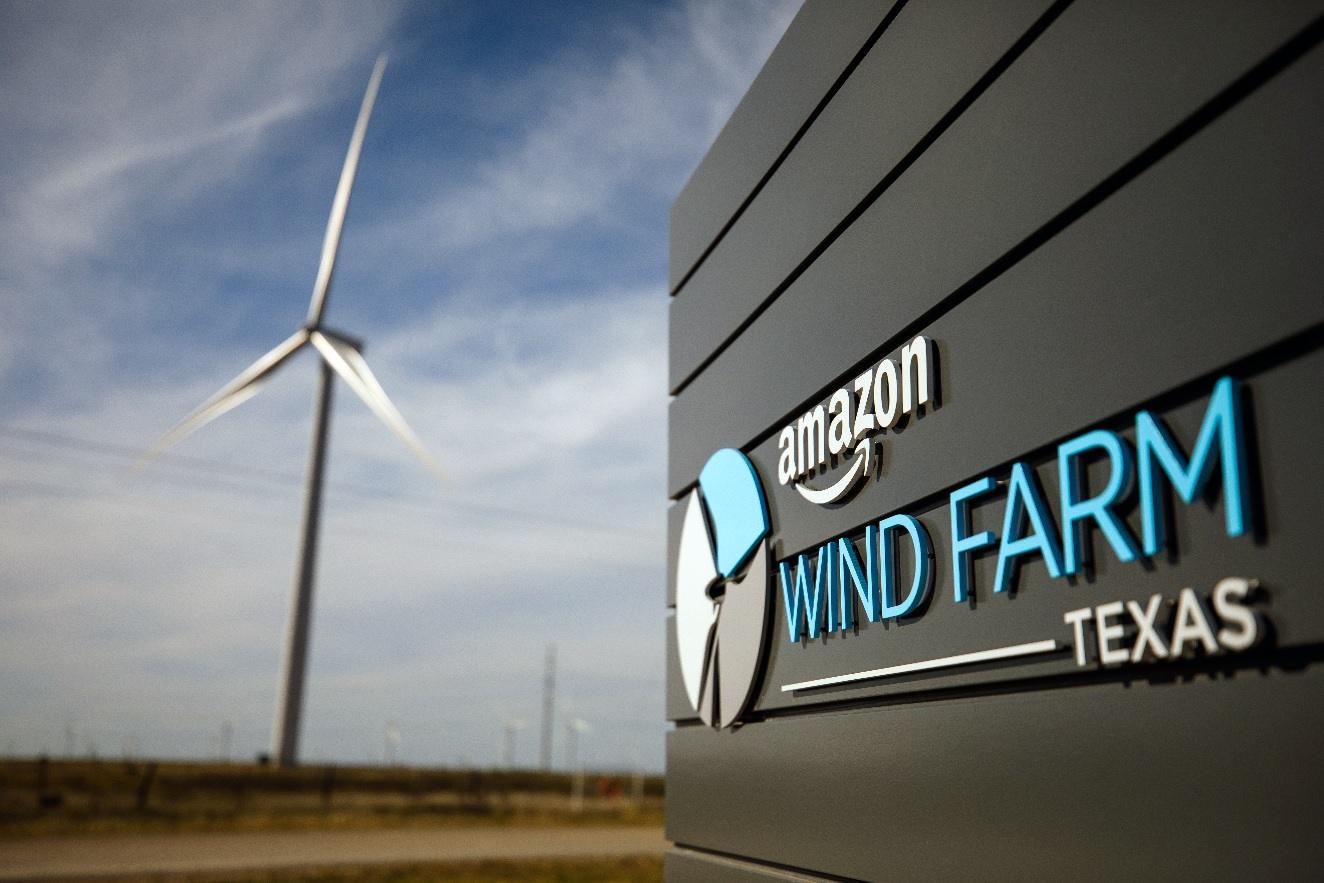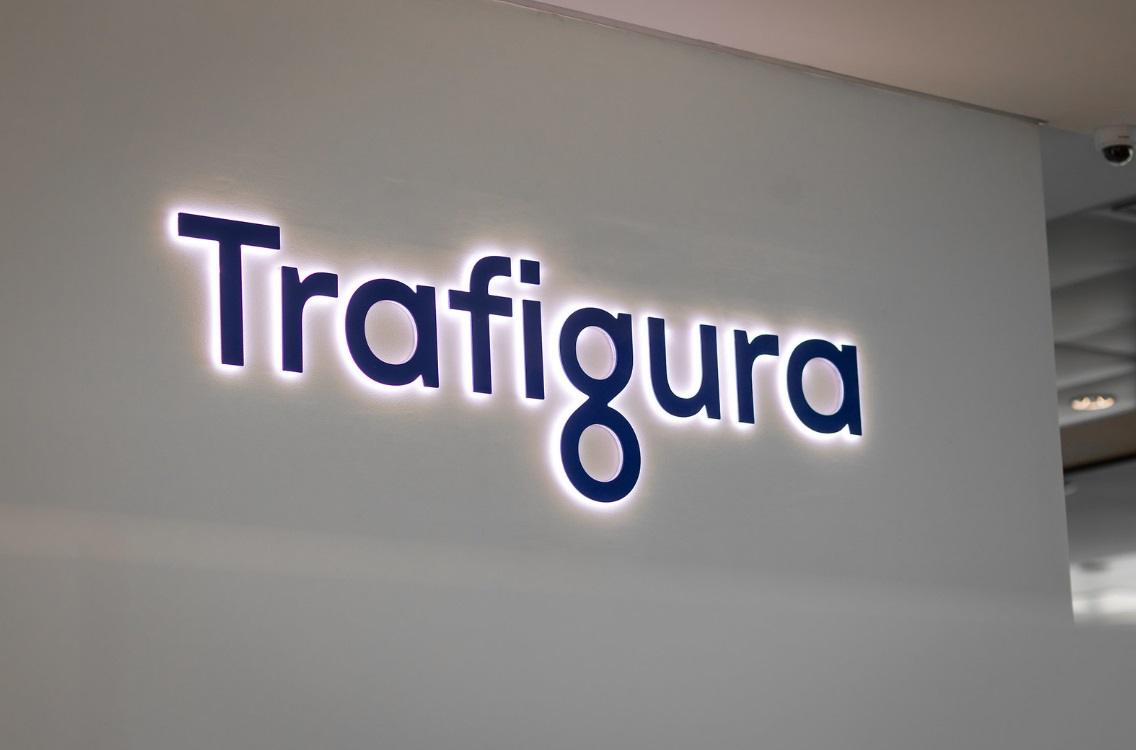Insurance Giants Accelerate Net Zero Ambitions Under New UN-Backed Alliance
A group of several of the world’s largest insurance and reinsurance companies announced the launch of the Net-Zero Insurance Alliance (NZIA), aimed at helping accelerate the global transition to net zero greenhouse gas (GHG) emissions through their underwriting and risk management practices.
Launched at the G20 Climate Summit in Venice, the NZIA was convened by UNEP Finance Initiative’s Principles for Sustainable Insurance (PSI), and initiated by eight leading insurance and reinsurance companies, including AXA, Allianz, Aviva, Generali, Munich Re, SCOR, Swiss Re and Zurich Insurance Group.
Thomas Buberl, CEO of the AXA Group, which chairs the NZIA, said:
“Through the Net-Zero Asset Owner Alliance launched in 2019, insurers and reinsurers are already working towards decarbonising their investment portfolios in line with climate science and the Paris Agreement. With this new Net-Zero Insurance Alliance, we are raising our climate ambition further by using our underwriting, claims, and risk management practices to help ensure and enable the transition to a resilient net-zero global economy.”
As members of the new alliance, the signatories made a series of commitments, including setting science-based intermediate targets every five years and independently reporting on their progress on an annual basis. The insurers will also set underwriting guidelines and criteria to reduce GHG emissions within their reinsurance underwriting portfolios, collaborate with clients on decarbonization goals, create reinsurance and insurance products aligned with the net-zero goal, and facilitate increased investment in climate solutions. Additionally, the NZIA will support a corporate disclosure framework relevant to the net-zero transition, such as the recommendations of the Task Force on Climate-related Financial Disclosures (TCFD), and is considering emerging frameworks such as the Task Force on Nature-related Financial Disclosures (TNFD).
Insurance companies have come under increasing pressure to align their businesses with global initiatives to limit climate change. Last month, United Nations Secretary-General António Guterres urged insurance companies to take part in the global transition to a net-zero economy through the introduction of net zero pledges in their underwriting practices, particularly regarding fossil fuels.
Many of the insurers in the group have already made significant climate commitments in their own businesses. Earlier this year, Aviva set a series of goals to reduce fossil fuel exposure in its portfolio and became the first major insurer to target net zero across Scopes 1-3 in its business. Allianz announced in May plans to significantly accelerate its exit from coal underwriting. Last month, Generali launched its own climate strategy, including plans to reduce coal exposure and to achieve carbon neutrality in its direct investment portfolio by 2050.
The NZIA aims to join the Glasgow Financial Alliance for Net Zero (GFANZ). GFANZ was launched in April 2021, bringing together several net zero-focused financial industry alliances, including the Net Zero Asset Managers Initiative, the Net-Zero Asset Owner Alliance, and the Net Zero Banking Alliance, representing more than 160 firms, responsible for assets of over $70 trillion. The NZIA membership is expected to expand in the future to include global. insurers, reinsurers, brokers and insurance market bodies. Further plans also include the NZIA to become a part of the UN Race to Zero campaign.
Mark Carney, the UN Special Envoy on Climate Action & Finance, the UK Prime Minister’s Finance Adviser for COP26, and Chair of the Glasgow Financial Alliance for Net Zero, said:
“Having a global financial system where every professional decision takes climate change into account requires harnessing the full role of the insurance industry as risk managers, insurers and investors for climate action, By committing to join the gold standard alliance for net zero, the Net-Zero Insurance Alliance will ultimately make underwriting contingent on underlying companies having credible net-zero transition strategies.”





